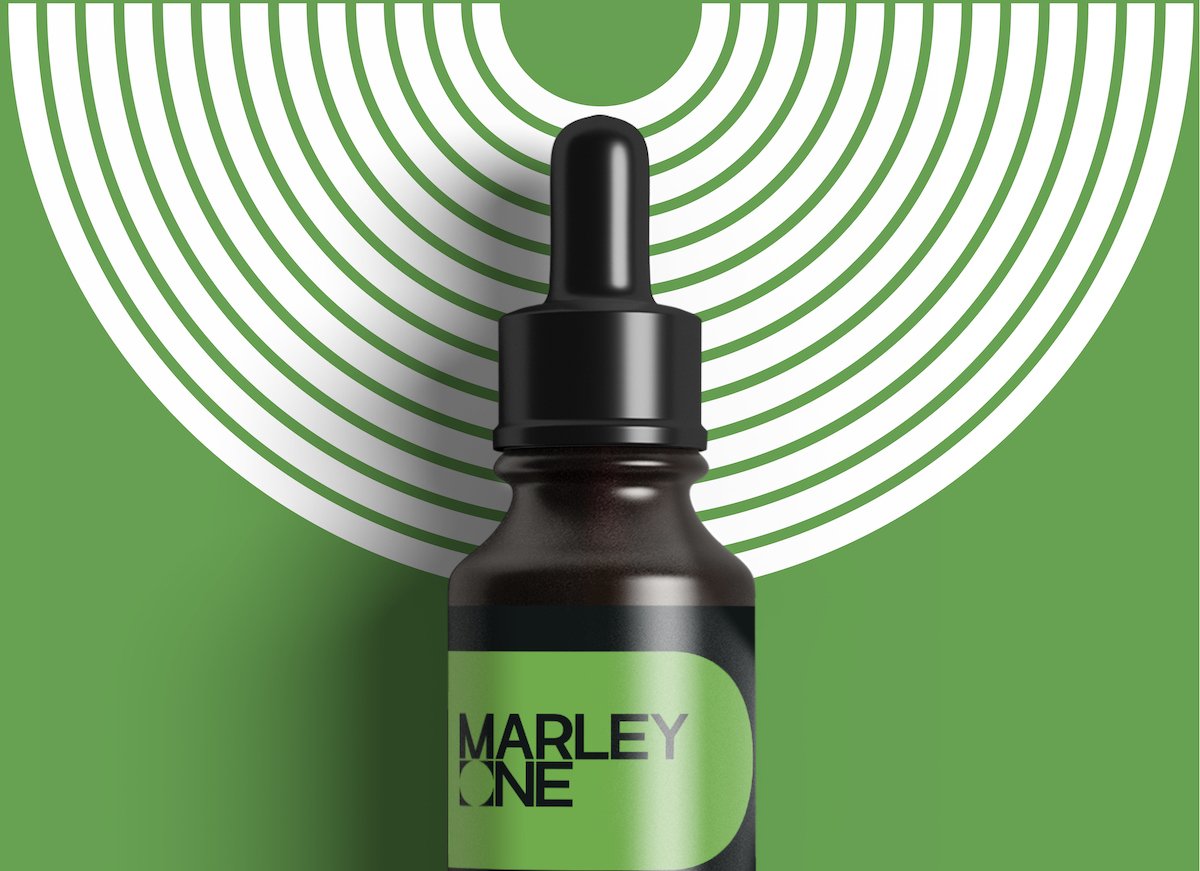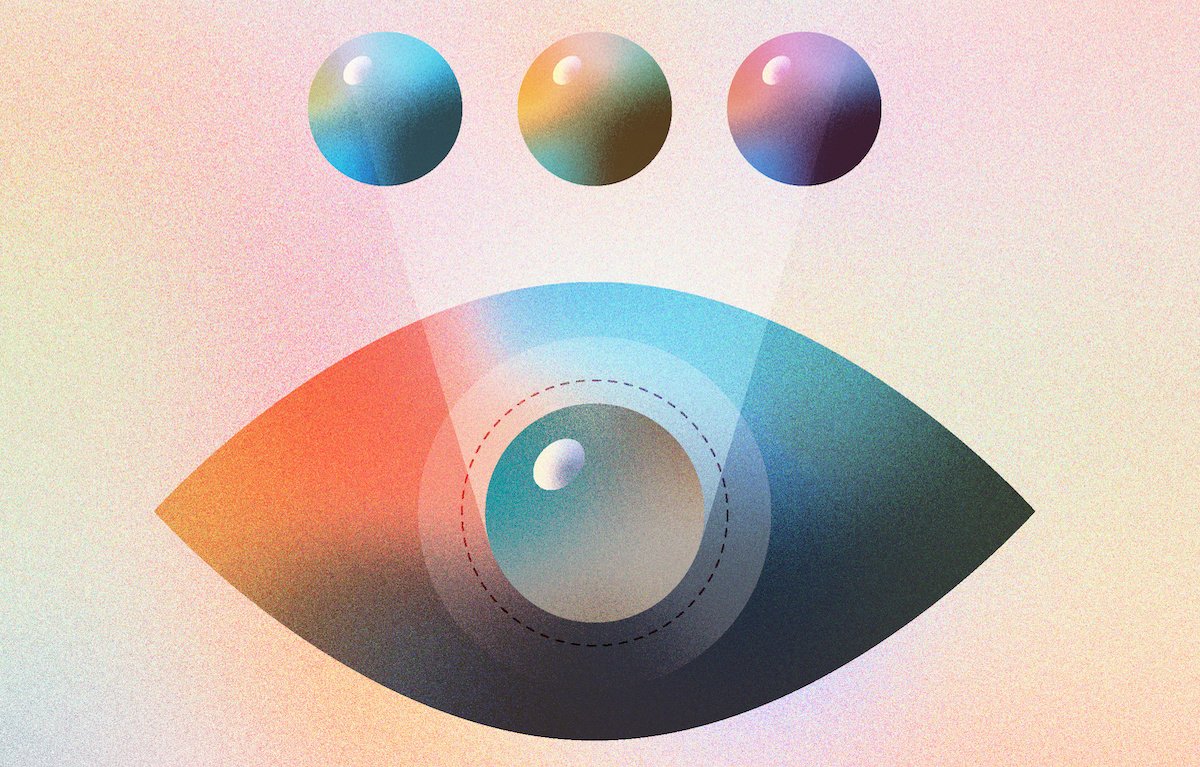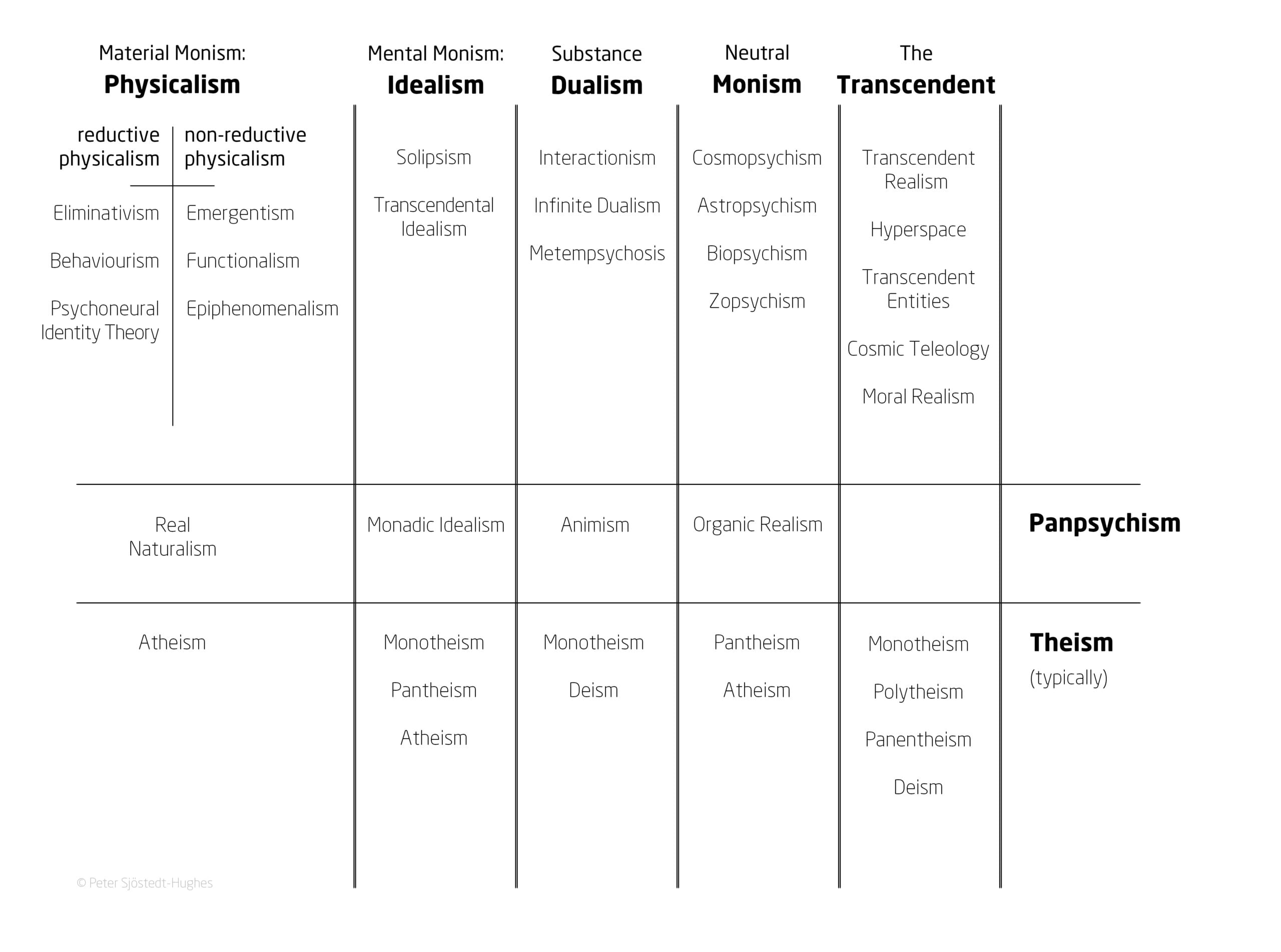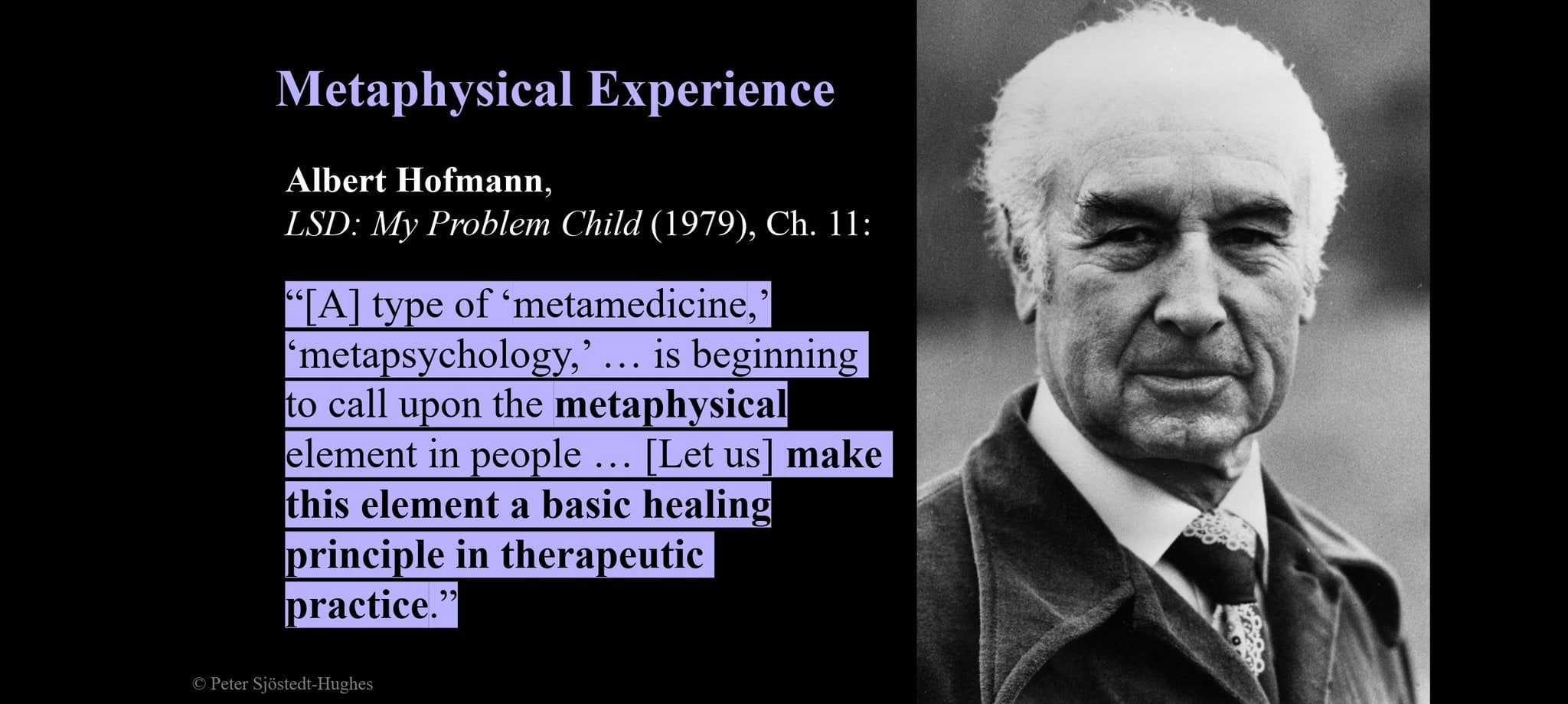The company that launched the world’s first psilocybin nasal spray, Silo Wellness, is on a mission to bring healing through psychedelic and functional mushrooms with the launch of its Marley One product range.
Silo Wellness is focusing on creating products that can provide alternative options for healing – with the launch of the world’s first psilocybin nasal spray from its facilities in Jamaica, where the compound is legal, and now with the world’s first functional and psychedelic mushroom supplement range.
The Marley One functional mushroom products have been developed in collaboration with the family of legendary musician Bob Marley to honour his holistic wellness beliefs and connection to nature.
Functional mushrooms for the people
The Marley One range utilises functional, non-psychoactive mushrooms tinctures designed to enhance focus, cognitive function, gut health, immunity, sleep and more, and will later be expanded to include psychedelic products to help meet mental health needs.
Cedella Marley, Bob Marley’s daughter, three-time Grammy winner, author, mother and CEO of Bob Marley Group of Companies, has had a major input into the development of the tinctures.

Douglas K. Gordon of Silo Wellness and Cedella of Marley One.
Speaking to Psychedelic Health, Silo Wellness CEO, Douglas Gordon, said: “There’s a lot of data and research about functional mushrooms and their benefits. We really have leveraged that with our formulation team, and we have added other active ingredients that people are more familiar with, like ginkgo and ginger that have other health benefits.
“In our research process, we ensured that the products would have accretive benefits. For some people, they have heard of lion’s mane, turkey tail, chaga, but they don’t know the category of function mushrooms, and this is why we put the different ingredients – for additional health benefits but also to integrate familiarity for the consumer who is new to the category.
“The taste of functional medicines also tends to be medicinal – so, we looked at how to make them more palatable, and at the same ensure that with our heritage out of Jamaica, and therefore very Caribbean, how do we get a taste palate that also you know incorporated our geography. So, we have done a lot of testing and utilised a tremendous amount of expertise thanks to smart people who know how to mix and combine these different ingredients.
“Our collaboration with the Marley family allows us to do functional and psychedelic mushrooms, and we are now in the process of R&D around some psychedelic formulations that will launch in jurisdictions where it is fully legal. There is a number of different species of psilocybin mushrooms, and looking at this is a part of our R&D – understanding which particular strains of the fungi we want to utilise in each of the different products.”
Gordon says that Silo’s psilocybin nasal spray has provided a proof-of-concept for delivery modality.
“We have been active in talking to different pharmaceutical entities who are looking for delivery modalities and that’s where our nasal spray holds an interesting position. We’re looking at not just developing our own commercially viable line in that regard, but also to be able to licence out the technology to other companies that are looking for that, for their own progress.
“Our collaboration is with the estate of Bob Marley and Rita Marley herself was instrumental with the flavours and with getting feedback on that process. It has been very interesting, illuminating and exciting but it has also been grounded in a very real and authentic relationship where the family is very much in tune with what they put their name on and what they endorse. They’ve been extremely supportive in terms of understanding the health benefits of mushrooms, both functional and psychedelic, and the opportunity this provides to really help many people around the world.”
Helping people in the here and now
Gordon says that Silo Wellness is focused on helping people as soon as possible and to achieve this aim, it is combining ancient wisdom and modern science to unlock people’s potential and help them realise greater self-actualisation.
“Silo Wellness is very focused on helping people right now – a lot of companies are doing incredible research that once it’s successful, they’re able to bring drugs to market that can help folks, and that is fantastic – but that is five to seven years out. What we have done is taken our traditional, very straight line clinical medical approach and also learnt so much from what indigenous cultures have done which have been using psychedelics for a very long time. That has helped us to be very effective in terms of mindfulness and expansive traditional uses.
“We want to do that because, what we’ve seen with our retreats, for example, is that folks have had transformative experiences and it’s a very powerful testimonial as a validation of our whole underlying business ethos because we want to help people today.
“For us, if we can help someone now – let’s help them now. If we can help more people later, when there are more legal jurisdictions, that’s absolutely wonderful, but we do have the ability, the desire and enterprise to help people now, and that’s what motivates us.
“The great thing about the Marley collaboration and the introduction of our functional mushroom products is that there is no psychedelic impact whatsoever and so in the process, you start to stimulate conversation that will destigmatise mushrooms from the psychedelic side. And it’s so powerful and so incredibly important because while we have huge ambitions for Marley One we know that the real transformative impact that mushrooms have is psychedelic and it is also helping people in the short term by giving natural, healthy substitutes and supplements and their diets and lifestyles. It is a tool to pave the pathway for more people to be comfortable using psychedelics in the future.
“… the natural compounds that come out of the Earth have tremendous healing powers for us as humans.”
“I was involved in the cannabis space from 2016 when I founded a conference here in Jamaica, Called CanEx Jamaica, which was oriented around providing a platform for professionals and experts from around the world and in Jamaica to get together, network and exchange knowledge, and to help to build the industry.
“When your mind opens to understanding the immense power of plant medicine, and again, this comes back to Bob Marley – he spoke so often about one love – my interpretation of One Love was that whether you’re black, white, Jamaican, American, Canadian, whatever, we’re all one people, one species, and we should therefore be able to love one another without artificial barriers.
“But, with psychedelics, what they allowed me to see is that the notion of oneness really goes beyond us as humans being one. It really espouses the notion that we have the ability, the Earth has the ability, to heal itself, and that the natural compounds that come out of the Earth have tremendous healing powers for us as humans.
“For too long we’ve always thought we were the most superior species walking the face of the Earth, not realising that a lot of the wonderful ideas we have are actually undermining the viability of the Earth. What we now have is the opportunity to see with psychedelics the healing that we as humans are in need of – because we’re not living our full experiences, we have traumas, we have mental health issues, we have PTSD, anxiety – what people think of you and all of these different things that social media exacerbates. We have the ability to reframe and rewire our own neural pathways, just by virtue of natural compounds that have turned up here on the Earth.
“So, that whole idea of oneness, has really broadened for me. And, the opportunity to lead Silo Wellness was a very simple decision.
“What was interesting to me was the fact that this company seemed anchored around helping people and it allowed me to lead a company that was young, ambitious and with some great people attached to it. I have great admiration for the founders and the energy that went into founding this, to bring this company to life. But I think at the core of it is the fact that we have these wonderful products that allow us to build this business and help a lot of people in the process. What we’re doing, I believe, is for the right reasons. And we’re doing it in the right way.”
The company has recently reached agreements to stock its functional mushroom products in the UK and further functional products are set to follow, including gummies, capsules and cosmetics.

 Opinion2 years ago
Opinion2 years ago
 Insight3 years ago
Insight3 years ago
 Medicinal2 years ago
Medicinal2 years ago
 Research2 years ago
Research2 years ago
 Medicinal2 years ago
Medicinal2 years ago
 Markets & Industry1 year ago
Markets & Industry1 year ago
 News3 years ago
News3 years ago
 Medicinal2 years ago
Medicinal2 years ago





















